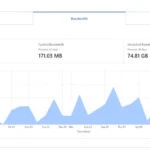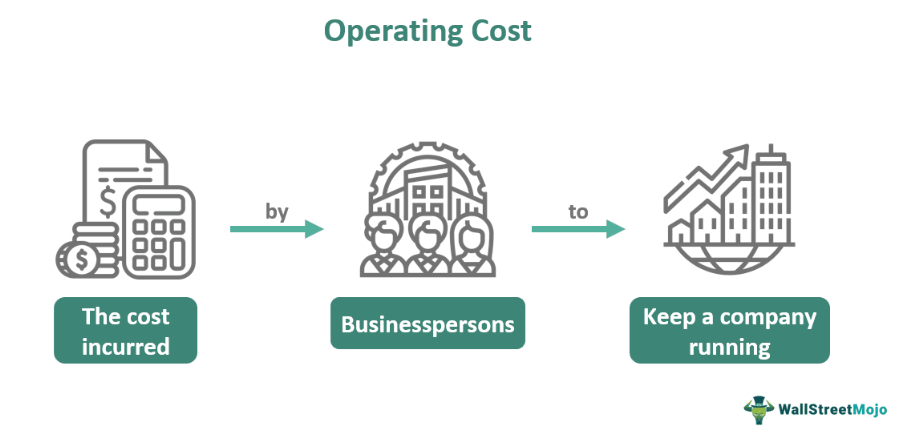In the realm of business finance, understanding operating expenses is paramount. Whether you’re a seasoned entrepreneur or just starting out, grasping the concept of operating expenses is crucial for making informed financial decisions. In this guide, we’ll delve into what operating expenses are, why they matter, and how they impact your bottom line.
Operating expenses are a fundamental aspect of business finance. They encompass all the costs incurred in the day-to-day operations of a company, excluding expenses directly related to producing goods or services.
1. What Are Operating Expenses?
Operating expenses, often abbreviated as OPEX, refer to the ongoing costs that a business incurs to operate. These expenses are essential for maintaining business operations but do not directly contribute to the production of goods or services.
2. Types of Operating Expenses
Direct vs. Indirect Operating Expenses
Direct operating expenses are costs directly attributable to the production of goods or services, such as raw materials or labor directly involved in manufacturing. Indirect operating expenses, on the other hand, are costs incurred to support the overall operation of the business, such as administrative expenses or utilities.
Fixed vs. Variable Operating Expenses
Fixed operating expenses remain relatively constant regardless of changes in production or sales volume, such as rent or insurance. Variable operating expenses fluctuate in direct proportion to changes in production or sales, such as commission payments or shipping costs.
3. Examples of Operating Expenses
Rent and Utilities
Rent for office space, utilities like electricity and water, and property taxes are common examples of operating expenses.
Employee Salaries and Benefits
Wages, salaries, bonuses, and employee benefits such as health insurance and retirement contributions are significant operating expenses for most businesses.
Marketing and Advertising Costs
Expenses related to marketing campaigns, advertising materials, and promotional activities are essential for attracting customers and driving sales but are considered operating expenses.
4. Why Operating Expenses Matter
Operating expenses directly impact a company’s profitability and cash flow. By managing these expenses effectively, businesses can improve their bottom line and ensure long-term financial stability.
5. Managing Operating Expenses
Strategies for managing operating expenses include implementing cost-saving measures, negotiating better terms with suppliers, and optimizing business processes to reduce waste and inefficiency.
6. Analyzing Operating Expenses
Analyzing operating expenses involves tracking and monitoring expenses over time, identifying trends, and comparing them to industry benchmarks to assess performance and identify areas for improvement.
7. The Relationship Between Operating Expenses and Revenue
Understanding the relationship between operating expenses and revenue is crucial for maximizing profitability. By controlling expenses while increasing revenue, businesses can achieve higher profit margins and sustainable growth.
8. Common Challenges with Operating Expenses
Businesses may face challenges such as unexpected fluctuations in expenses, gradual increases in costs over time (expense creep), and the dilemma of balancing cost reduction efforts with preserving the value of goods and services.
9. Future Trends in Operating Expense Management
Advancements in technology, such as automation and data analytics, are expected to play a significant role in improving operating expense management. Additionally, businesses are increasingly focusing on sustainability initiatives to reduce costs and minimize their environmental footprint.
Conclusion
Operating expenses are a vital component of business finances, influencing profitability, cash flow, and overall financial health. By understanding, managing, and analyzing operating expenses effectively, businesses can optimize their resources and achieve long-term success.
FAQs (Frequently Asked Questions)
- What is the difference between operating expenses and capital expenses?
- Operating expenses are incurred in the day-to-day operations of a business, while capital expenses are investments in long-term assets or infrastructure.
- How can businesses reduce operating expenses without sacrificing quality?
- Businesses can explore cost-saving measures such as renegotiating contracts, improving operational efficiency, and investing in technology to streamline processes.
- What are some key financial metrics for analyzing operating expenses?
- Financial metrics such as the operating expense ratio, gross profit margin, and EBITDA (earnings before interest, taxes, depreciation, and amortization) can provide insights into a company’s expense management.
- What role does benchmarking play in managing operating expenses?
- Benchmarking allows businesses to compare their operating expenses against industry peers or best practices, identifying areas of improvement and setting realistic targets for cost reduction.
- How do operating expenses impact a company’s ability to attract investors?
- Investors closely scrutinize a company’s operating expenses as they can provide insights into the company’s efficiency, profitability, and overall financial health.










